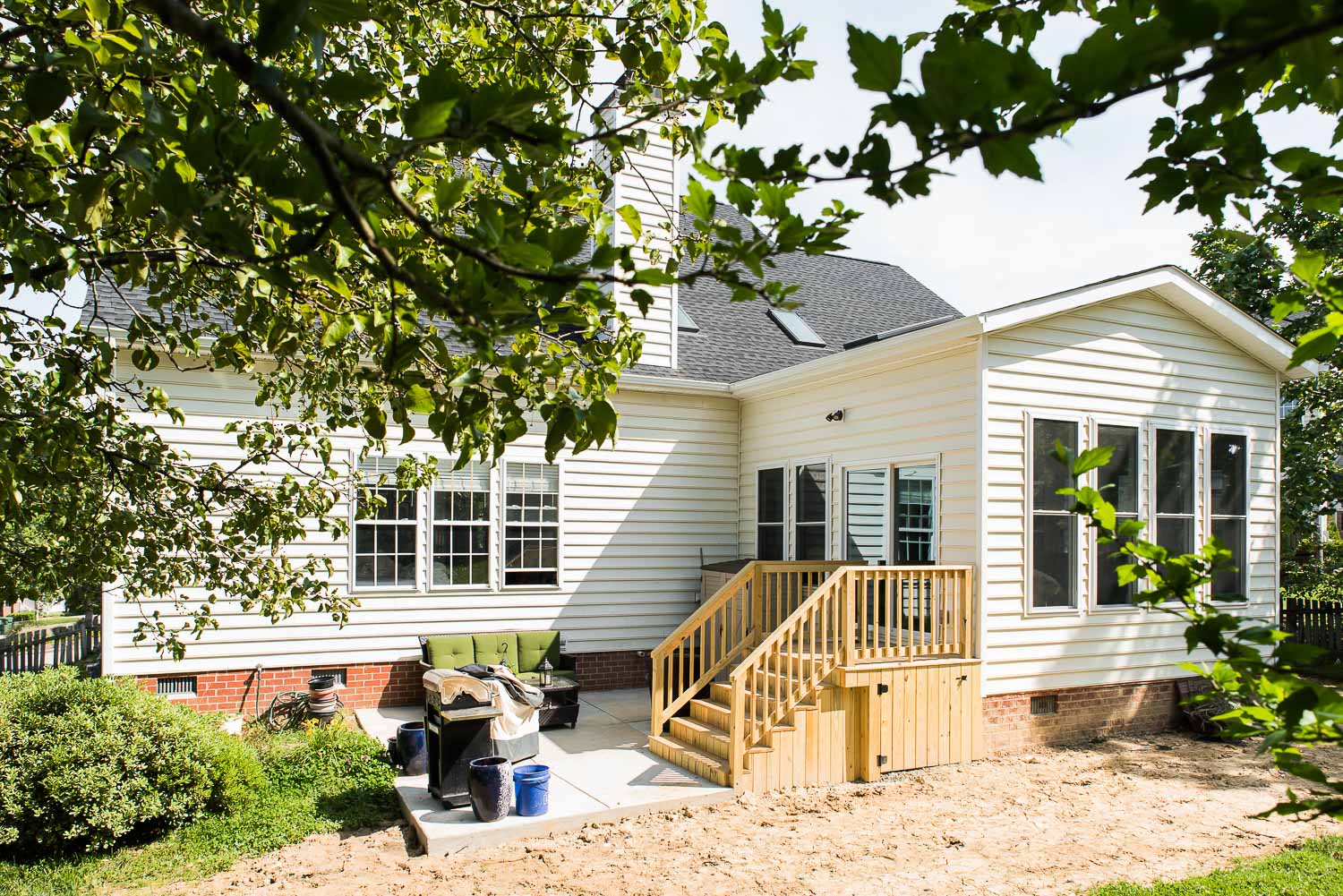
If you’re planning a home renovation or remodeling project, finding the right contractor is crucial. Not only do you want someone who can bring your vision to life, but you also need a professional who understands local building codes and has reliable connections within the community. This blog post aims to guide you through the process of discovering and hiring the best local Remodeling contractors near me, ensuring your project runs smoothly from start to finish.
Why Hire Local Contractors?
Knowing the Terrain
Local contractors are familiar with the area’s regulations and climate. They know what materials work best and can anticipate potential issues that an outsider might not foresee. This insider knowledge is invaluable.
Supporting Local Economy
When you hire a local contractor, you’re investing in your community. These professionals often source materials locally and hire local workers, contributing to the economic health of your area.
Easier Communication
Proximity makes communication more straightforward. You can easily arrange face-to-face meetings, site visits, and quick responses to any concerns that may arise during the project.
How to Find Reliable Contractors
Word of Mouth
Start by asking friends, family, and neighbors for recommendations. Personal referrals are often the most trustworthy because they come from people you know and trust.
Online Reviews
Websites like Yelp, Angi (formerly Angie’s List), and Google Reviews can give you insights into a contractor’s reputation. Look for contractors with consistently high ratings and read through several reviews to get a balanced view.
Local Directories
Local business directories can be a goldmine for finding reputable contractors. These lists usually include detailed information about each contractor’s services, specializations, and contact details.
What to Look for in a Contractor
Licenses and Insurance
Ensure the contractor is licensed and insured. This protects you in case of accidents or substandard work. Most states have online databases where you can verify a contractor’s credentials.
Portfolio
Ask to see a portfolio of previous work. This will give you an idea of their style, quality, and range of capabilities. A good contractor will have a diverse portfolio that demonstrates their versatility.
References
Request references from past clients. Speaking directly with previous customers can provide valuable insights into the contractor’s reliability, work ethic, and problem-solving skills.
The Initial Consultation
Setting Expectations
During your first meeting, be clear about your expectations, budget, and timeline. A good contractor will listen carefully and offer realistic solutions and suggestions.
Asking Questions
Come prepared with a list of questions. Inquire about their experience, how they handle unexpected issues, and their process for keeping projects on track. This will help you gauge their expertise and reliability.
Getting a Quote
Ask for a detailed quote that breaks down the costs of materials, labor, and any other expenses. This transparency will help you avoid surprise costs later on.
The Contract
Detailed Scope of Work
The contract should outline the project’s scope, including specific tasks, deadlines, and milestones. This ensures both parties are on the same page and helps prevent misunderstandings.
Payment Schedule
A clear payment schedule protects both you and the contractor. It should outline when payments are due and tie them to specific project milestones.
Warranty and Guarantees
Ensure the contract includes warranties for materials and workmanship. This will protect you should any issues arise after the project is completed.
Red Flags to Watch For
Unusually Low Bids
If a bid seems too good to be true, it probably is. Extremely low bids may indicate subpar materials or rushed work. Always compare multiple quotes to get a fair market value.
Lack of Communication
If a contractor is slow to respond to your inquiries or avoids answering questions directly, this could be a sign of poor communication skills. Effective communication is crucial for a successful project.
No Written Contract
Never agree to start work without a written contract. Verbal agreements can lead to misunderstandings and leave you unprotected should anything go wrong.
During the Project
Regular Updates
Stay in close contact with your contractor throughout the project. Regular updates will keep you informed about progress and any potential issues that arise.
Site Visits
Visit the site periodically to inspect the work. This allows you to address any concerns immediately and ensures the project is progressing as planned.
Flexibility
Be prepared for minor changes and adjustments. Unexpected issues can arise, requiring slight modifications to the original plan. A good contractor will handle these changes professionally.
After the Project
Final Walkthrough
Conduct a final walkthrough with your contractor to inspect the completed work. Make a list of any issues or unfinished tasks and ensure they are addressed promptly.
Leaving a Review
Share your experience online. Positive reviews help good contractors grow their business, while constructive criticism can help them improve.
Maintenance Tips
Ask your contractor for maintenance tips to keep your newly remodeled space in top condition. Proper upkeep will extend the life of your investment.
Conclusion
Finding the right local remodeling contractor can make all the difference in your home renovation project. By following these steps—researching, asking the right questions, and maintaining open communication—you can ensure a successful and stress-free experience. Ready to start your next project? Reach out to local professionals today and transform your space with the help of expert remodeling contractors.